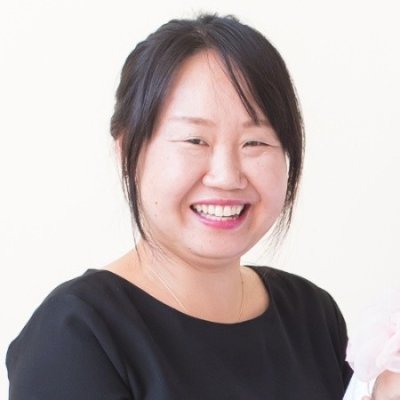Mi Chang is a dedicated Senior Scientist at Astellas Pharma US, where she leverages her extensive expertise in cell therapy and molecular genomics to drive innovative solutions in the development of therapeutic cell products. With a robust background in research and development, Mi has transitioned...
Mi Chang is a dedicated Senior Scientist at Astellas Pharma US, where she leverages her extensive expertise in cell therapy and molecular genomics to drive innovative solutions in the development of therapeutic cell products. With a robust background in research and development, Mi has transitioned from fundamental science to the forefront of therapeutic target discovery for various cancers. Her current focus lies in the Chemistry, Manufacturing, and Controls (CMC) aspects of cell therapy, where she plays a pivotal role in process development for therapeutic cell products that differ from human embryonic stem cells (hESC).
In her role, Mi is instrumental in optimizing manufacturing processes, ensuring that they meet stringent regulatory standards while maintaining product efficacy and safety. Her proficiency in molecular and cellular biology, immunology, and mammalian cell culture enables her to design and implement innovative strategies that enhance the scalability and reproducibility of cell therapies. Mi’s experience with RNA interference (RNAi) and biomarker discovery further enriches her contributions, allowing her to identify critical pathways and markers that can inform therapeutic development.
Mi is also adept in operations management and the creation of Standard Operating Procedures (SOPs), which are essential for maintaining consistency and quality in the manufacturing process. Her expertise in flow cytometry and protein expression complements her scientific acumen, making her a key player in cross-functional teams aimed at advancing Astellas Pharma’s mission to deliver transformative therapies. Through her work, Mi Chang exemplifies the integration of cutting-edge science with practical application, driving forward the future of cell therapy in oncology and beyond.







